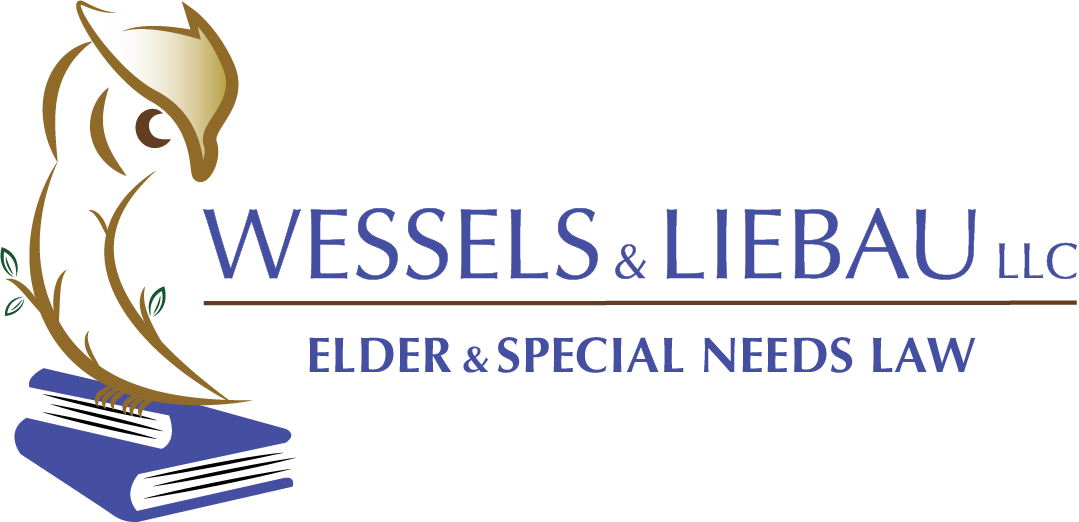
Medicaid Planning and Asset Protection
Medicaid Planning and Asset Protection
One of the main practice areas for “Elder Law attorneys” or, some people say “elder care attorneys” is helping people understand the complicated process of becoming qualified for Medicaid, the public health insurance plan that covers the cost of nursing home care and long term care in the home. Understanding how Medicaid works is critical for anyone who does not want to spend more money than necessary on long-term care costs. The cost of long-term care can be shocking to people exploring the system for the first time. Costs can range from a few thousand dollars per month in a basic assisted living arrangement, to an excess of $16,000 per month for skilled nursing care. Medicare covers some of these costs, but only in very limited situations, and only for a specified period of time. Long-term care insurance can also be an important consideration in this equation.
Misinformation from various sources, including care facilities, friends and family, and even the internet, can make these programs seem unattainable or overly complicated. This is where an elder law attorney experienced in this particular practice area provides value.
The elder care attorneys at Wessels & Liebau help people learn more about this program. At its most basic, Medicaid is a federal program, administered at the local level, that will pay for long-term care if a person’s available funds for care are within the Medicaid program limits.
Understanding how Medicaid works may be of particular concern to younger couples who want to understand the road ahead and make plans where they are in a position to take advantage of all options, individuals or couples for whom a diagnosis has been made that may require long term care in the future, and people for whom the need is here now: a parent or spouse is already in a skilled nursing facility or other type of care facility.
It is important to consider various sources of government funding such as Medicare, Medicaid (also called Title 19 or Medical Assistance) Family Care and Veterans benefits. This includes how to qualify for the benefits, and what the options are to protect assets from being depleted. Generally, the goal is to avoid spending more resources than necessary on care. Sometimes, the goal is also preservation of an inheritance for heirs. In our current climate of caregiver shortages and issues with care facilities, it is also important to understand what these various programs can offer, and when they may not be the best option for a person’s particular situation.
We work with many clients who have been given misinformation from nursing home or hospital staff, from case workers, and from other friends and relatives. We call them “Medicaid Myths.” We help explain how the programs really work and put minds at ease with better understanding.
Options that may be available in a given situation can range from very simple to complex irrevocable trusts and other methods, each depending on a client’s individual situation as well as the client’s particular goals. There is no “one-size-fits-all” solution when it comes to Medicaid planning.
Our attorneys also have experience representing clients in “fair hearings” and appeals when benefits are denied or cut off.
Wessels & Liebau, LLC counsels clients with all stages of the Medicaid eligibility process including pre-eligibility planning, application, follow-up with the Medicaid agencies, necessary post-eligibility planning, and even administrative hearings and other forms of advocacy in cases of inappropriate denials or to resolve other eligibility issues. Contact us today to see how we can help.


